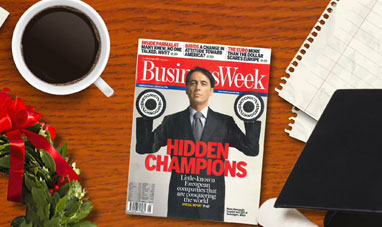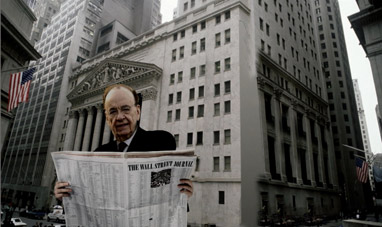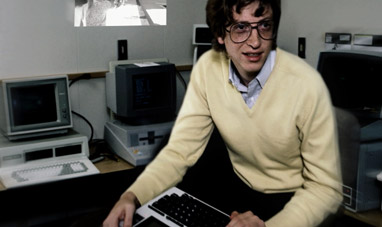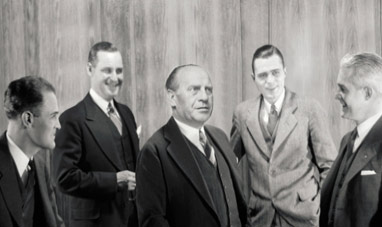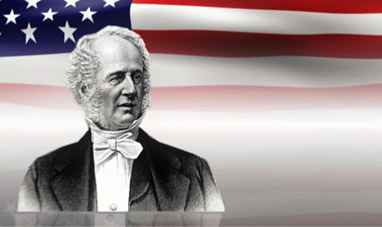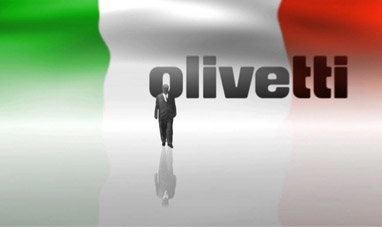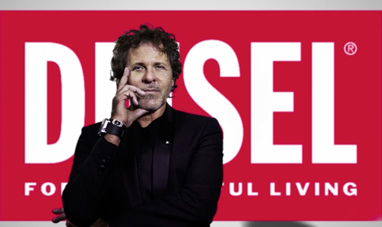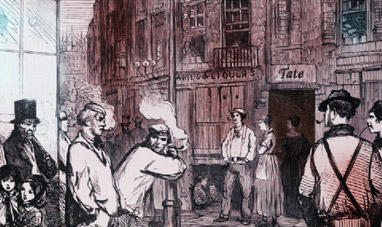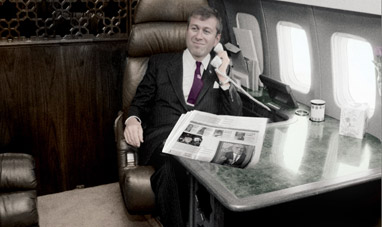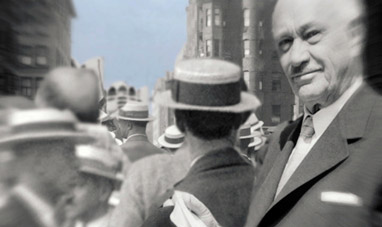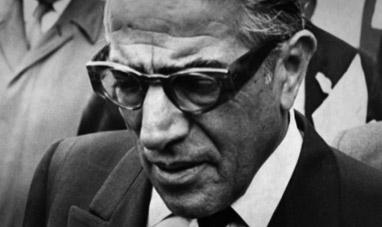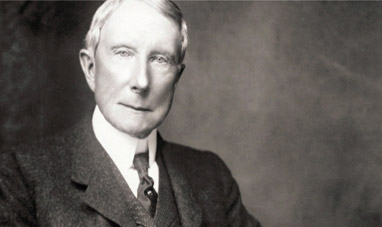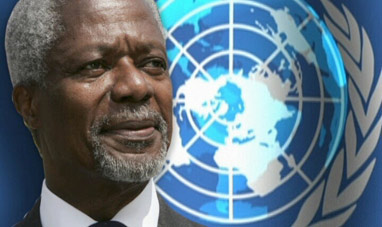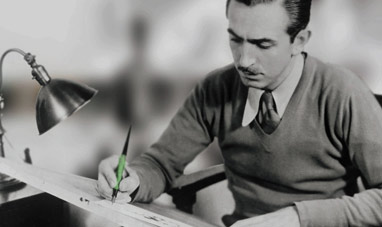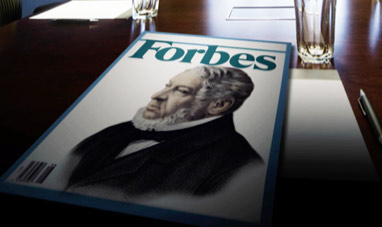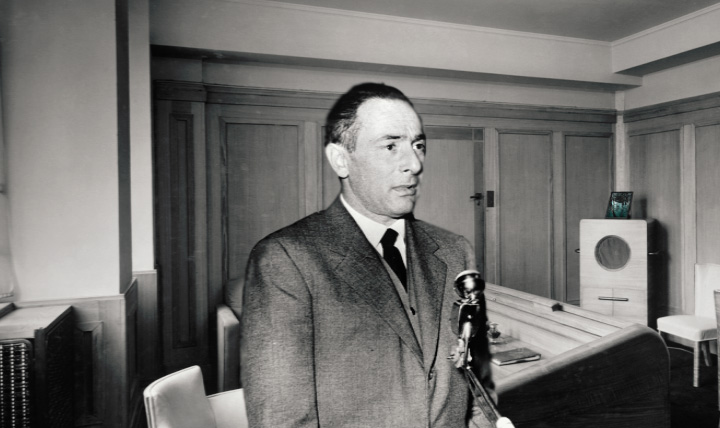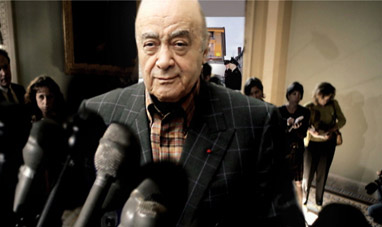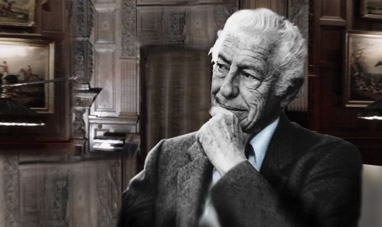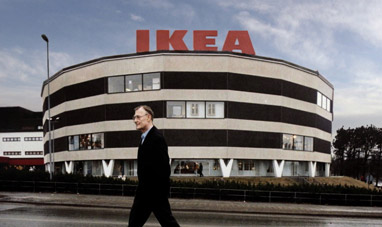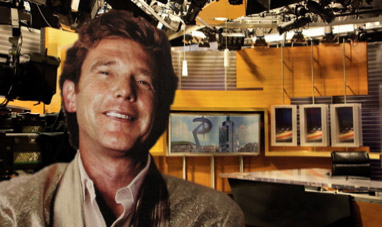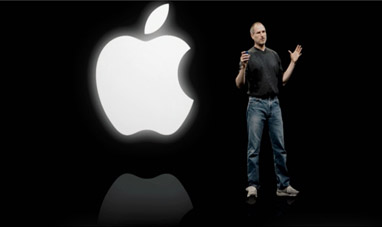Michael Bloomberg is an American politician and businessman who was elected mayor of New York City for the second time in 2005. Bloomberg was born on February 14, 1942 into a Jewish family from eastern Europe. After graduating from college, he obtained a masters degree in business administration from the Harvard Business School. In 1966 he joined Salomon Brothers, a prestigious investment bank. Salomon soon named him head of systems management. At the time, the Wall Street Journal was the primary source for stock information. Bloomberg decided to apply his knowledge of information technology to communicating Wall Street data.
In 1981, he left Salomon to create his own company, Bloomberg L.P. His company generated software and hardware [Bloomberg Terminal] intended to gather and organize stock data. In 1982, he signed an agreement with business and banking service giant Merrill Lynch. Within a few years, the Bloomberg Terminal had become an essential part of all Wall Street business dealings.
Bloomberg turned his attention to other media, producing business-oriented coverage that aired on hundreds of radio stations worldwide. He published a magazine and founded a TV network that focused on business and commerce. Soon Bloomberg had become one of the richest men in the world. In 2001, he entered politics, running as a Republican for mayor of New York. He won the November elections, succeeding Rudy Giuliani. Bloomberg’s dynamism helped the city in the wake of the terrorist attacks on the World Trade Center that had taken place some months earlier. During his first term he reinvigorated the city’s economy, reducing crime and increasing public school funding. He supported preventive medicine in an effort to combat smoking and obesity. Considered a liberal Republican for his support of abortion and same-sex marriage, Bloomberg was re-elected in a landslide in 2005.
Two years later, he resigned from the Republican Party in order to gain greater political autonomy. Bloomberg’s second term has echoed the themes he addressed during the first, concentrating on the city’s economy, education, and environmental concerns. In 2007, New York City’s budget moved into the black for the first time in decades, allowing Bloomberg to offer New York citizens a small tax rebate. In August 2007 he proposed an eight-dollar levy on cars entering Manhattan in an effort to radically reduce New York traffic. Although it didn’t pass, he stood by the policy personally, taking the subway to work in order to set an example.
In 1981, he left Salomon to create his own company, Bloomberg L.P. His company generated software and hardware [Bloomberg Terminal] intended to gather and organize stock data. In 1982, he signed an agreement with business and banking service giant Merrill Lynch. Within a few years, the Bloomberg Terminal had become an essential part of all Wall Street business dealings.
Bloomberg turned his attention to other media, producing business-oriented coverage that aired on hundreds of radio stations worldwide. He published a magazine and founded a TV network that focused on business and commerce. Soon Bloomberg had become one of the richest men in the world. In 2001, he entered politics, running as a Republican for mayor of New York. He won the November elections, succeeding Rudy Giuliani. Bloomberg’s dynamism helped the city in the wake of the terrorist attacks on the World Trade Center that had taken place some months earlier. During his first term he reinvigorated the city’s economy, reducing crime and increasing public school funding. He supported preventive medicine in an effort to combat smoking and obesity. Considered a liberal Republican for his support of abortion and same-sex marriage, Bloomberg was re-elected in a landslide in 2005.
Two years later, he resigned from the Republican Party in order to gain greater political autonomy. Bloomberg’s second term has echoed the themes he addressed during the first, concentrating on the city’s economy, education, and environmental concerns. In 2007, New York City’s budget moved into the black for the first time in decades, allowing Bloomberg to offer New York citizens a small tax rebate. In August 2007 he proposed an eight-dollar levy on cars entering Manhattan in an effort to radically reduce New York traffic. Although it didn’t pass, he stood by the policy personally, taking the subway to work in order to set an example.

